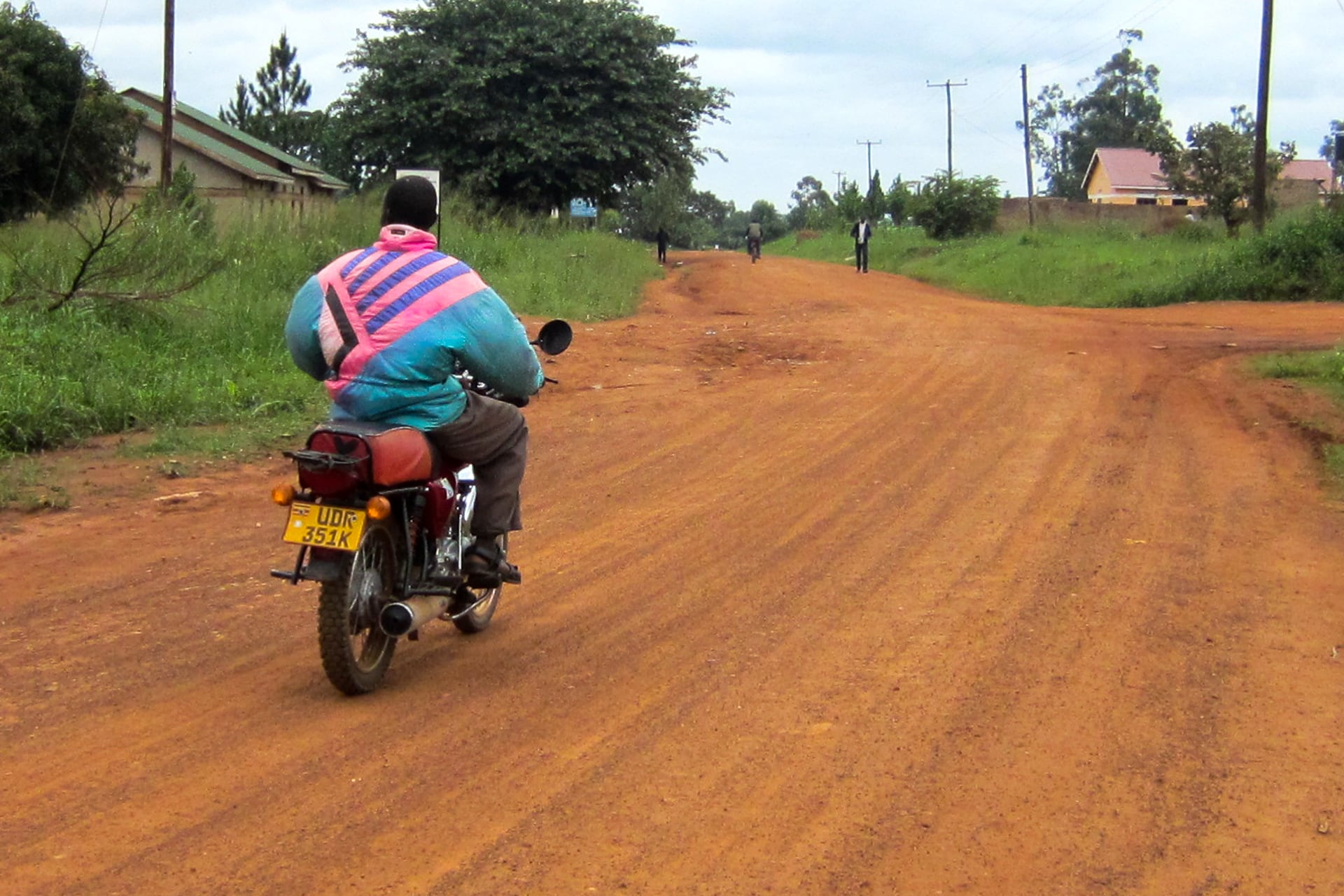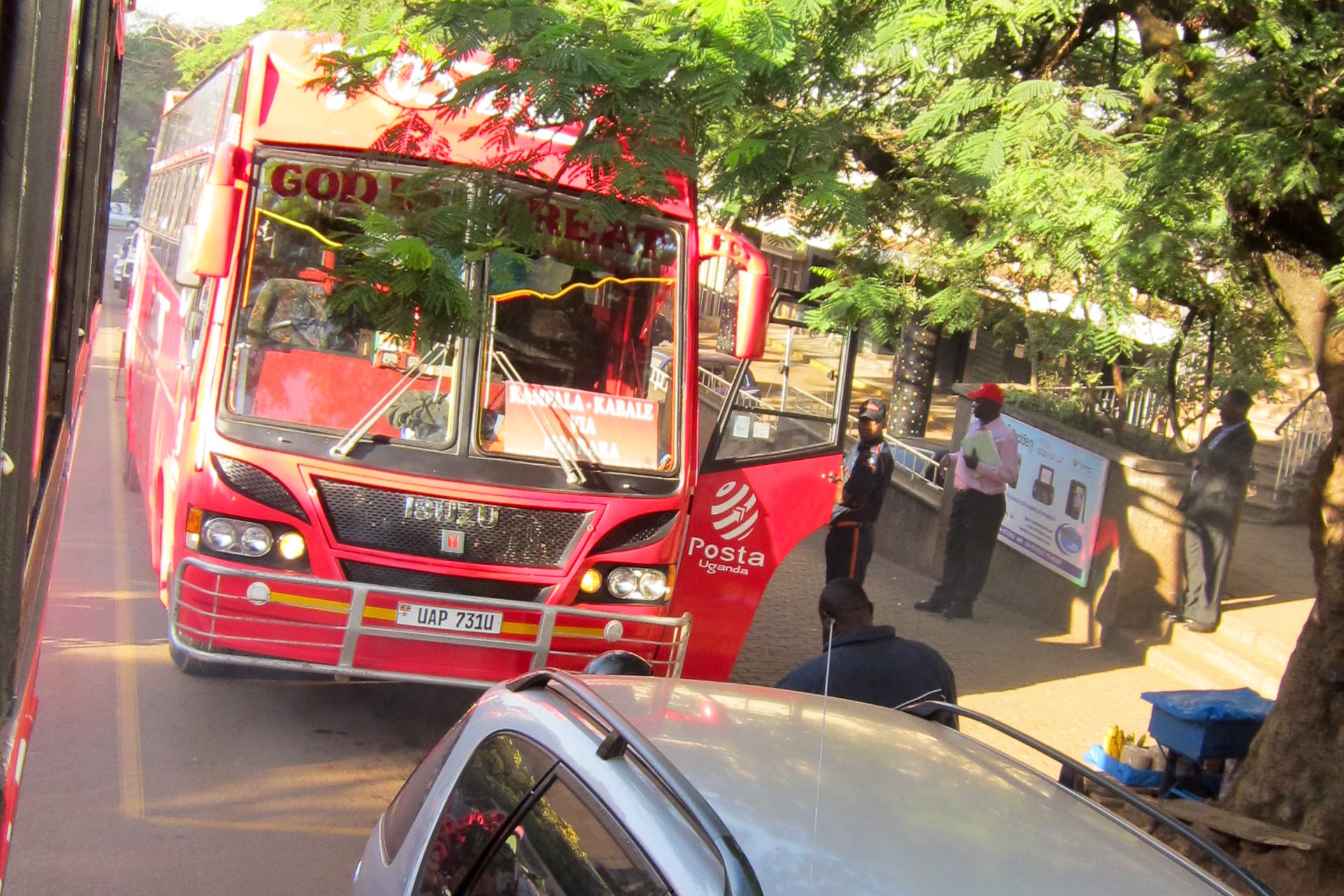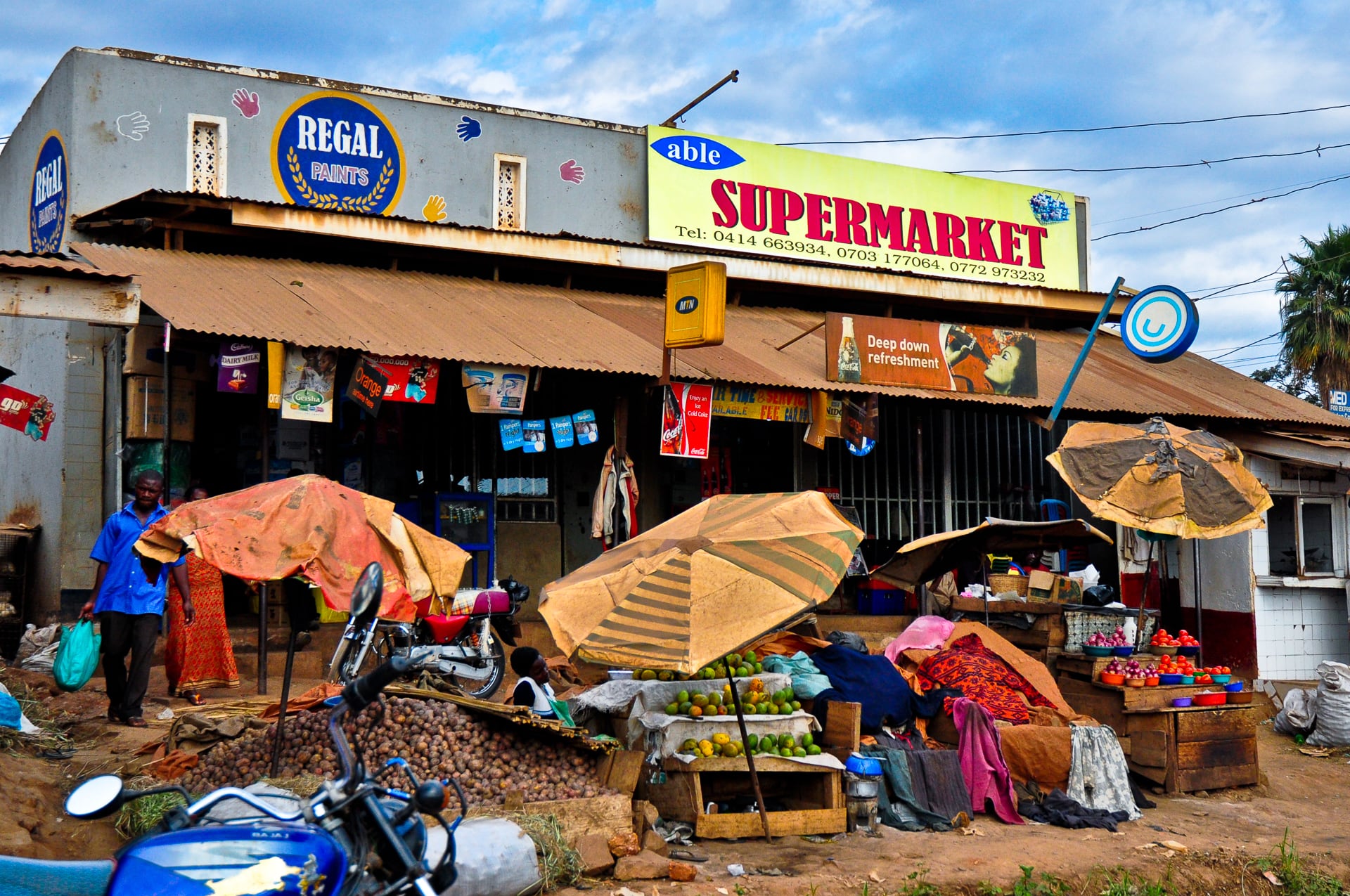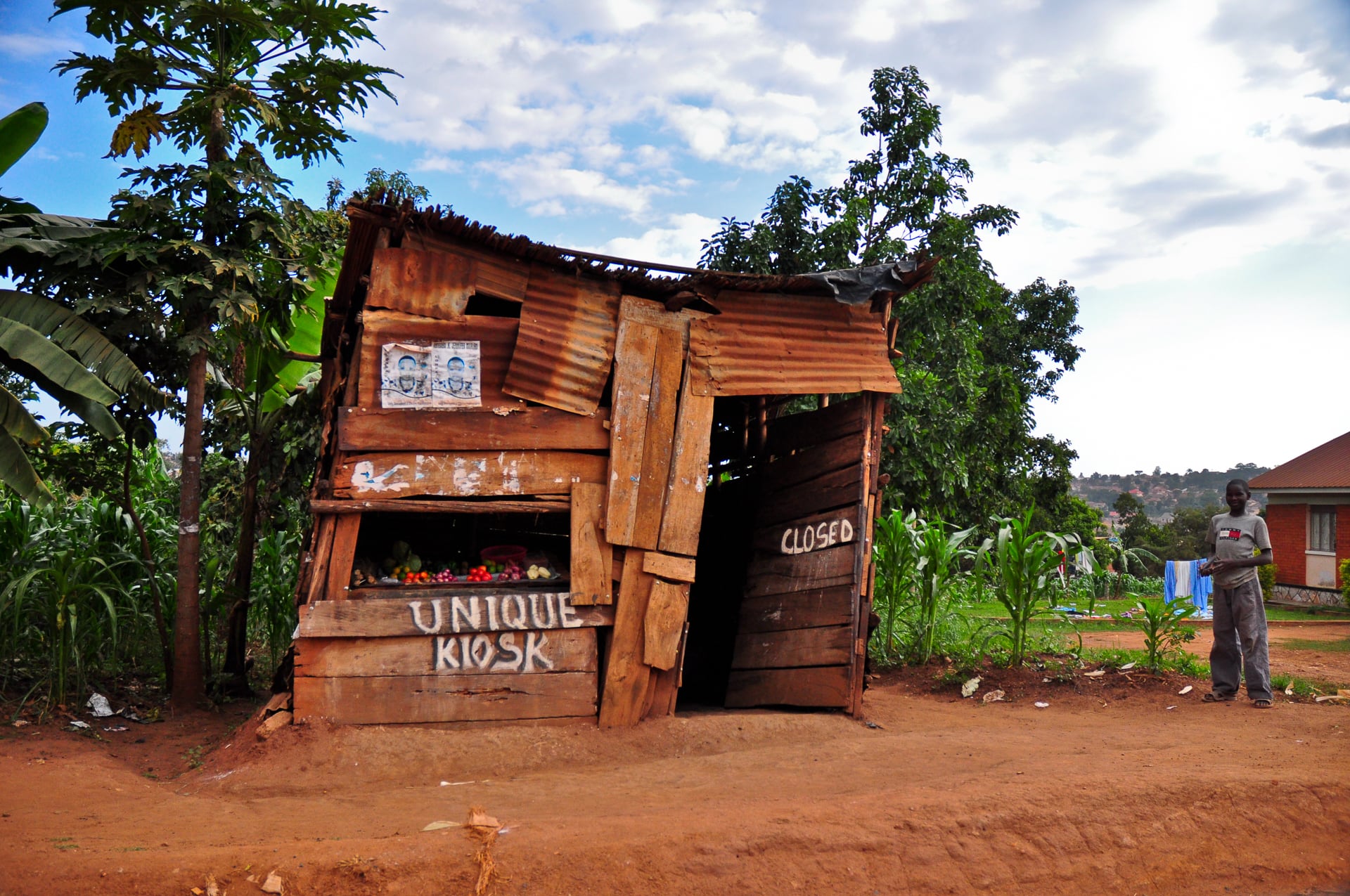Gulu, Uganda — Capital of the North — home of the Acholi — NGO Central. For years, this was both the safest place to be and the deadliest. The guerrilla war just beyond the limits of the city center raged violently and sporadically for much of the 1990s and 2000s. The city-center of district and county seats was commonly considered a secure haven, but for the unfortunate or stalwart who resided and remained outside the periphery in the spaces between urban sanctuaries, violence and death were well known. It is in this in-between space where much of the story of Uganda’s internal conflicts have taken place, and where the most terrifying chapters of the lives of our interviewees began.

Northern Uganda in 2011 is a peaceful and quiet place. Save for the residual poverty and smattering of all-but-forgotten IDP (Internally Displaced Persons) camps along the highway, it is virtually impossible for Alexandra and I, both foreigners, to fathom a bloody and destructive conflict having taken place. Unlike Mozambique and other places, the physical scars of war have been hidden away. Yet the emotional scars remain; social divisions and land wrangles remain; and above all, memories remain.

Some individuals are naturally cursed (or blessed) with an ability to wipe the mind clean of a particularly traumatizing event in their life history. For others, the event proves all-consuming and ultimately all-destructive. Northern Ugandans, however, seem to possess a unique ability to co-exist with their trauma on a daily basis, neither letting painful thoughts of the past enter their mind, nor permitting them to exit, but placing them, intentionally or unintentionally, on the periphery, just as everything seems to exist in these parts, on the periphery, in the in-between, just beyond the security of the center.

If you like real and surreal together, then by golly, Gulu is the place for you. It’s dusty and proud and friendly, but not overly so. It’s also two distinct towns on a collision course. A small stream, which also serves as the town car wash, divides these two realities. South of the car wash lies the gridded African town of cinderblock row-houses and dusty streets inundated with boda-bodas (motorbike taxis) and heavy trucks, while north of the stream lies the expat sprawl of red-tile villas surrounded by high walls which seem to have sprung up haphazardly over-night. Hundreds of relief and development organizations have called this quarter home, or at least their “post,” and while only a fraction of those missions remain, a strong presence still persists.


This is the first of several days that Alexandra and I will spend in Gulu, as it is not only one of six district capitals we will be conducting interviews in, but also a transit hub for travel to and from most of the other field sites we will find ourselves in. The time spent in Gulu, and especially leaving and returning a number times, made me grow quite fond of the place. Additionally, it was a lovely feeling not to feel the penetrating gaze of a million eyes all around given that the local population has grown accustomed to foreigners in their midst. While the circumstances which spurred this culture-crossing are deeply unfortunate, it’s nice being able to go about daily business as merely another visiting muzungo instead of ‘THE MUZUNGO!’

During the course of our interviews, I did something I’d never done: I made a business deal. She wanted something that I had and I wanted something she had — it was that simple. Well, nothing’s ever that simple in these types of situations. The interviewee — we’ll call her Gloria — was an enterprising young woman who had migrated from her home since returning from the bush (hence our interviewing her). Like too many of our interviewees, Gloria had been abducted on her way to school one day at the age of 9 by LRA“soldiers” (abducted and indoctrinated boys not much older than herself). After seven years with the rebels and three children by a rebel commander (two of which died), she managed to escape with her sole living child and a friend. When she returned, she heard of an opportunity through an organization in Gulu that trained “youth-mothers” (as they’re often called) an income-generating skill: sewing. Gloria punctuated this part by taking out a bag in the middle of the interview and laying pair after pair of beautifully hand-made handbags and place mats before my eyes. Now, usually, I would be annoyed if not offended by such a brazen attempt to get the mazungo’s money, but the fact of the matter was that it was a shrewd move on her part (which I admired) and I had actually been looking for a set of hand-made Uganda place mats to take home with me. So, after the interview, we made plans to meet at the Total petrol station at 3pm later that day to look over her stock.

Alexandra and I arrived at the petrol station around 2:30, to make sure we wouldn’t miss the young entrepreneur. There was a nice little park with chairs and tables in a grassy area and a shack selling Coke products off to the side. We purchased a couple of Cokes (both of which were frozen solid) and proceeded to wait…and wait…and wait. To make matters a little more anxiety-producing, we had scheduled an interview with a relief organization for 4:30p clear on the other side of town, but initially didn’t think it would be a problem to make that appointment. On the one hand, I didn’t want to stand the woman up, especially given the fact that she lived a ways out of town, but on the other hand, we were beginning to think that that was exactly what she had done to me, yet on the other-other hand, I really wanted some of those place mats!
So we sat with our frozen Cokes (which eventually became drinkable) watching people fuel up their rigs and the rest of the world go by until 4:15p rolled around and we decided to cut our losses and start walking to the meeting. And sure enough, right then and there came Gloria with a large bag of goodies to peruse from which I quickly found a set of four place mats that I liked. I thought I might get a bargain out of the whole affair, but was pleasantly surprised when she put my wheeling and dealing skills to shame. She knew she had me, and she knew she could get the price she wanted. If half of my interview with her proved to be true, I knew the money was going to a good place and could think of fewer better ways to part with my grad student wages. Now, back home, every time I sit down to eat, I’m reminded of Gloria and the thousands like her. It’s important to have reminders.






There was a completely unexpected place we came across in Gulu called “The Coffee Hut.” In reality, it was a vortex to another dimension. Outside, you’re walking around in grimy, poverty-stricken Northern Uganda, then WHAM! “One iced grande double skinny caramel frappuccino and smoked chicken and provolone sandwich on a croissant coming right up! And of COURSE we take credit cards!” One of many things I love about Africa is how easily the absolute mundane of American life is stripped naked and its absurdities exposed when juxtaposed against a stark and visceral reality. In the interest of full disclosure, we stopped in here a few times as it proved to be a welcomed respite from chicken stew and rice. Absurd yes, but still delicious.



Back at Churchill Courts, can’t say enough about the place — many Ugandan and expat colleagues in Kampala had recommended other places, but Churchill Courts was a much better deal, and rooms in the new addition were arguably far nicer than anything you’d find elsewhere in town. The staff was amazingly polite and helpful, water always hot, and beer always cold. The food, sadly, left much to be desired. When we weren’t trying out local food in the town center, we ate at the Boma Hotel — great food, but INCREDIBLY slow. Factor about 90 minutes for lunch to order and eat, more if the place is packed. Sometimes, if you find yourself lucky (or unlucky) the restaurant will suddenly turn into a raving discoteque in the middle of dinner.






Gulu sounds great, wish I had been there too!
Fabulous pictures and reflections!